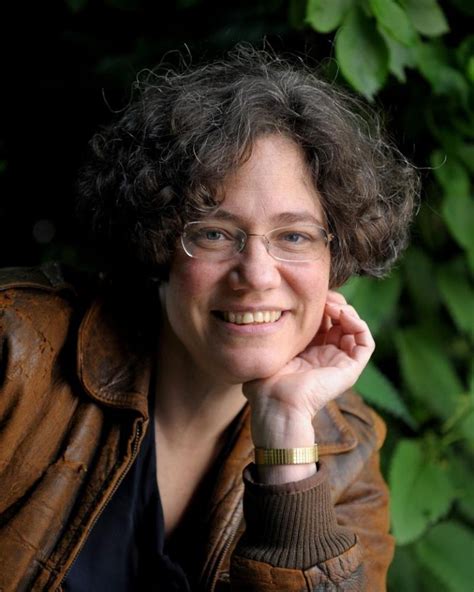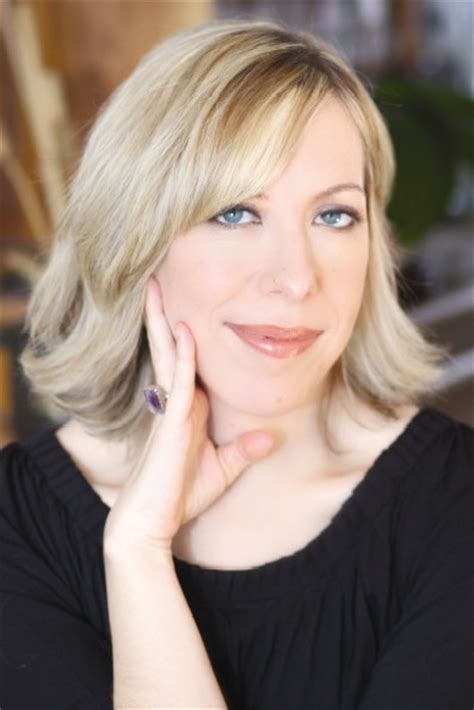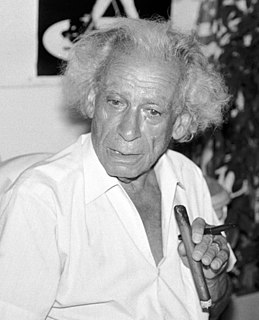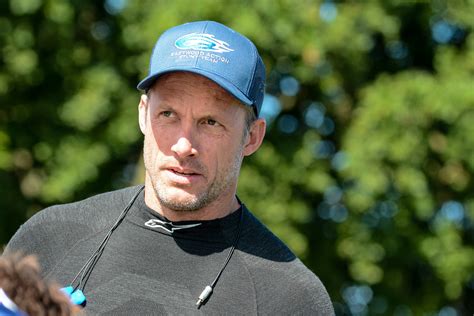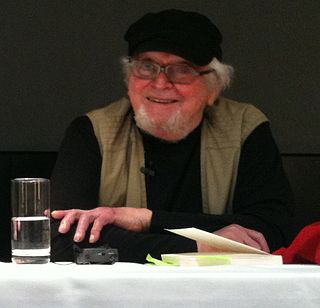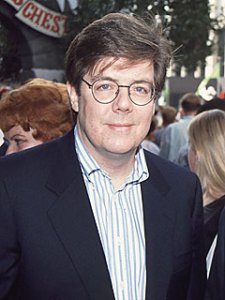A Quote by Elizabeth Wein
The very term "turning pages" suggests nonstop action. But I am all about character and beautiful writing. I eat that up like popcorn. Whether a book is action-packed or not, all I need are well-written prose and quirky, fabulous characters to keep me going.
Related Quotes
A book is maybe about 350 pages, and the prose allows for readers to get a glimpse into the internal lives of the characters. A screenplay is 120 pages, and it's all dialogue and action. The pacing of films is different, the structure is often different, and the internal lives of the characters must come across through the acting. Movies are just a different experience than reading - so it just depends on what an individual prefers.
What interests Sam Mendes are characters and relationships, and he was a genius at giving you the freedom to create the type of character you want, and also to explore and have fun with your fellow actors. For him, characters and relationships are really the heartbeat of the film, and then the action is the backdrop. By developing the characters, he makes you care that much more about the action and going on a journey with the characters.
Of course, there are hundreds of novels and authors that have influenced me. But to choose three, they are: Stephen King/The Stand (and really most of his books); Anne Rice/The Witching Hour; and Pat Conroy/The Prince of Tides. These authors write my favorite kind of book - epic feel, gorgeous prose, unique characters, and a pace that keeps you turning the pages. From them, I learned a lot about characterization, pacing, prose, voice, and originality.
My favorite thing to do is action-driven, emotionally-charged scenes. If it's not just two people talking in a room, but it's on the move and things are happening and it's chaotic, and emotion comes from the characters and from the action, and the fall-out ultimately changes the character relationships, that exactly the kind of stuff I like writing.
Once you envision something and the Universal forces come into play to help you in the creation of it, there's never again going to be enough action for you to keep up with it. You can't use the Energy that creates worlds to create a situation and then find the action to keep up with it. You have to keep envisioning. You have to keep imagining it better.
I think making a great action movie is one of the hardest cinematic endeavors. By definition, smart characters avoid action. Smart people don't go down dark alleys, but if you're making an action movie and you want to have an action sequence, somehow you have to get that character into that dangerous situation.
When I write a book, I don't have a plan or an outline. The characters move the action, and the action develops the characters. When I write a book, I become an actor, really, taking the role of the person who is speaking or acting at the time, and so their reactions to whatever they see are my reactions.
When I'm writing a script, I don't worry about plot as much as I do about people. I get to know the main characters - what they need, what they want, what they should do. That's what gets the story going. You can't just have action, you've got to find out what the characters want. And then they must grow, they must go somewhere.
